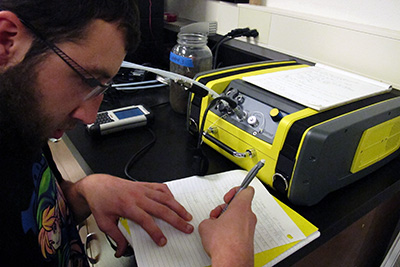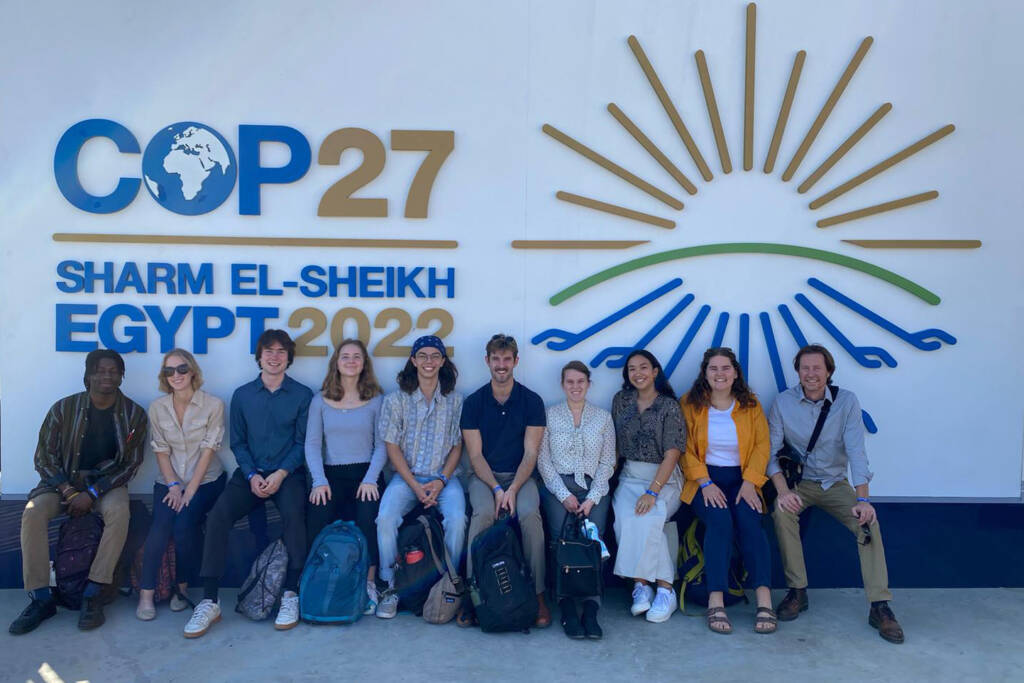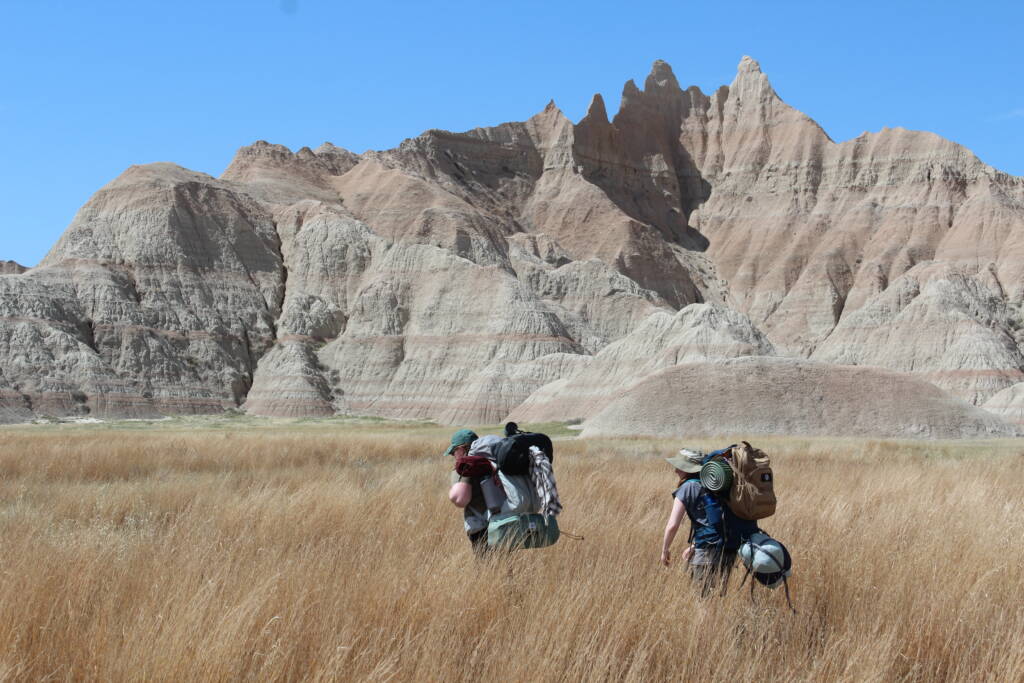 Home
Home
Undergraduate Research
Alumni and employers alike often draw a direct line between undergraduate research and the skills required to thrive in any number of careers: Identifying and citing quality sources of information; Reading, understanding, and creating accurate data; Synthesizing and sharing information from multiple perspectives; Project management with a high-quality finished product; and more.
Required Skill-Building Coursework
- ENVR 279A Environmental Methods & Analysis – The basics of statistical analysis, quantitative literature, and survey and interview methods and data. Perform your own investigation as well as analyze data through graphics and mapping. Includes deductive problem-solving, Excel graphing, and interview conducting and coding.
- ENVR 320: Research Colloquium – Group discussion, oral presentation, literature analysis, and research and poster design and presentation while receiving an in-depth education on a chosen environmental topic.
- ENVR 395: Research Seminar – Use skills developed across your coursework to create and present a formal research project on an issue that you would like to investigate as your capstone thesis.
Applied Research Opportunities

Summer Undergraduate Research
Students can spend up to 400 hours in the summer assisting faculty with ongoing and new research projects. Work in the field or in the lab, build databases or conduct literature reviews. Student researchers receive compensation and a living stipend.

United Nations Climate Change Conference (COP)
CSB+SJU has official observer status at the annual COP and our students are part of one of the largest undergraduate delegations in attendance from the United States. Conduct original research at the COP and share your research with CSB+SJU and the broader community.

ENVR 210
Field Experience
A 1-credit course offered every other year during the final weeks of the spring semester. Study a specific topic and geographic area in the classroom, then participate in an off-campus field experience at the conclusion of the semester. Gain experience with field methods from at least two different disciplines.